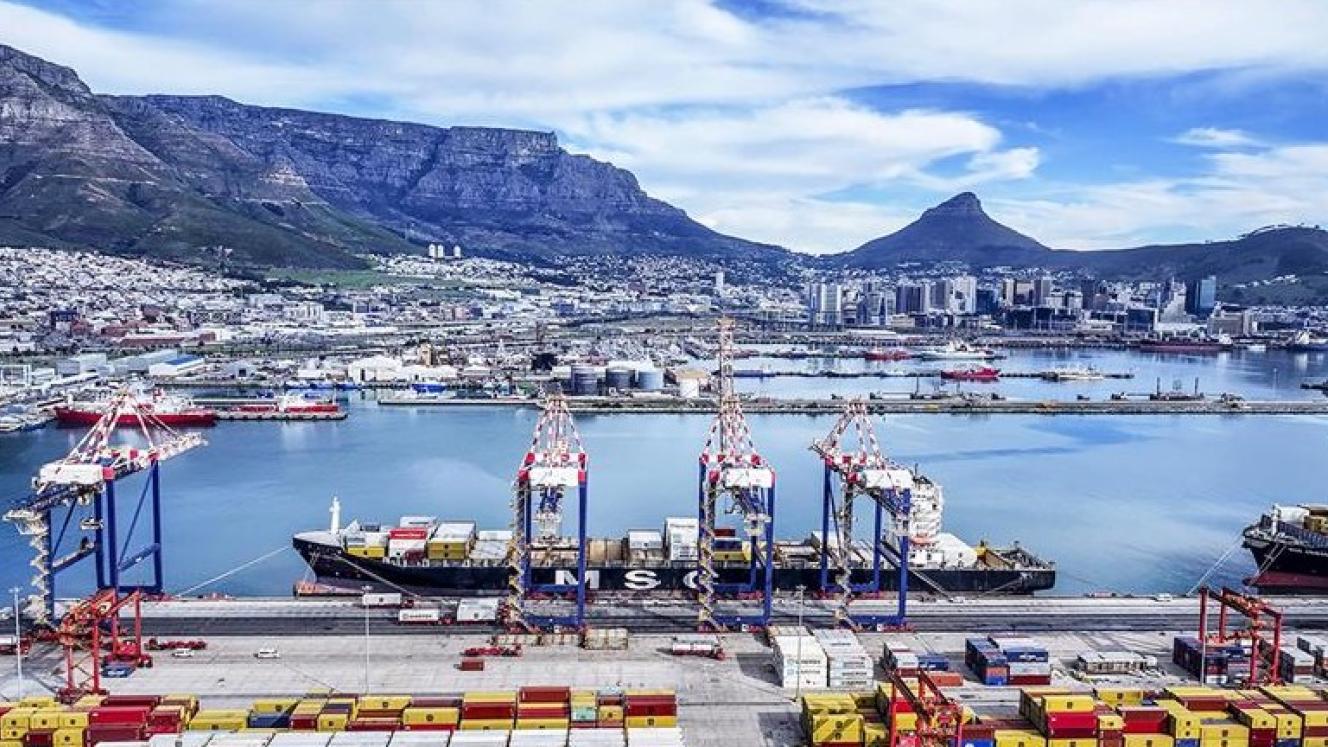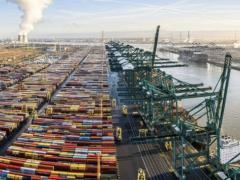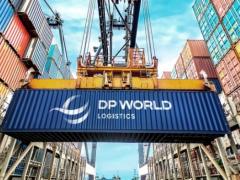Beitbridge Border Post keeps being targeted for smuggling by cross-border drivers adding undocumented or even illegal goods to cargo-cleared loads.
As a result, transporters and cargo owners usually have their property impounded by the Zimbabwe Revenue Authority (Zimra).
In the latest incident, a truck heading north managed to pass through border control in South Africa before it was screened and stopped in Zimbabwe for carrying steel along with building materials to an undisclosed location.
Transit Assistance Bureau chief executive Mike Fitzmaurice said although the building material had been cleared according to the requisite cross-border processes, the metal seemed to be for the driver’s own use.
“He fled from the scene and hasn’t been apprehended,” said Fitzmaurice, who is currently in the process of drafting an appeal letter to Zimra on behalf of the transporter.
He said it once again illustrated how important it was for over-border hauliers to make sure their drivers weren’t involved in abusing their position for illicit purposes.
Although it’s only the second time this year that a northbound load at the border has been impounded by Zimbabwean authorities for carrying supposed illegal goods, it sets back efforts to relax stringent smuggling protocols at the border, Fitzmaurice explained.
Regularly intervening on behalf of the regional road freight industry, which often finds itself on the receiving end of harsh law enforcement, he said Zimra couldn’t be blamed for acting on its mandate.
Although it has been argued in the past that Zimra’s anti-smuggling measures are trade-restrictive, the revenue agency was not at fault this time, Fitzmaurice said.
“Usually, they’re very lenient in incidents such as this, but it could still take days before the truck and its legal cargo is released, at a cost to the transporter and cargo owners.”
Fitzmaurice, who also serves as vice president of the African Union’s sub-Saharan transport and logistics division (UAOTL), said: “There is a clause in the Customs Act (of Zimbabwe) that says if a transporter is not aware of what the driver has done then he is not necessarily declared guilty and the truck will not be impounded.
“But initially they impound, and the transporter has to go through this whole appeal process now to prove that the driver acted on his own and that the owner of the truck wasn’t involved.”
It causes serious supply chain delays, such as earlier this year when it took about a week to get the truck and its cargo released, said Fitzmaurice.
“I cannot overstress how important it is for transporters to make sure their drivers comply with customs procedures.”













